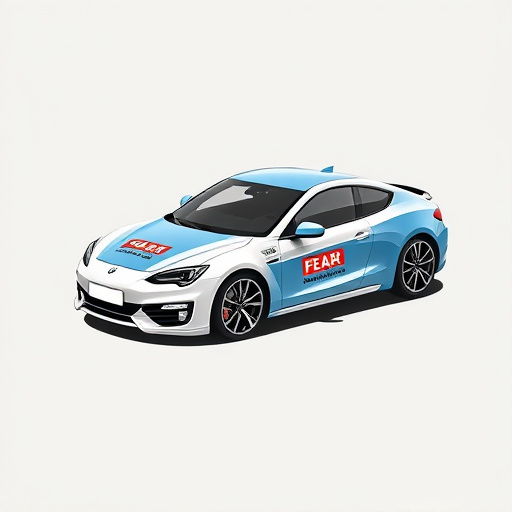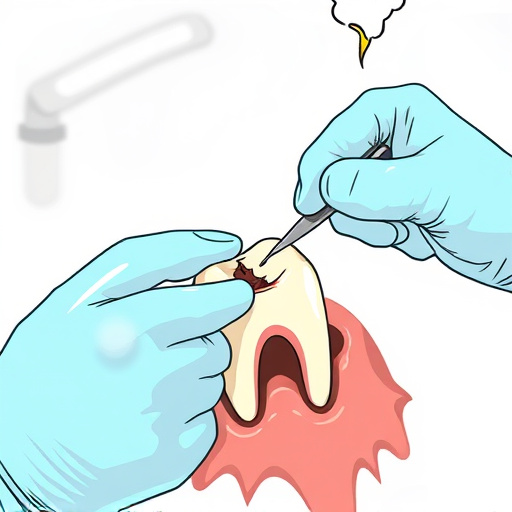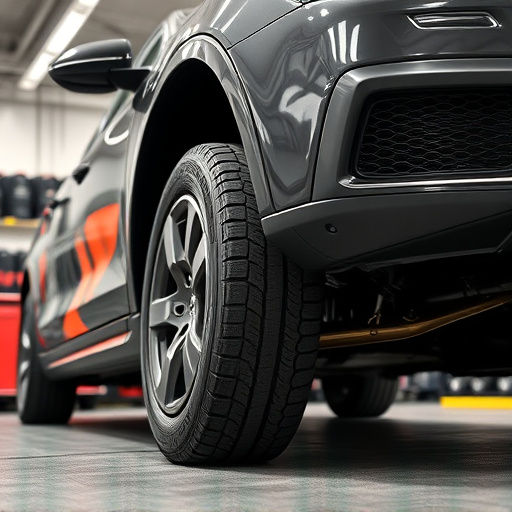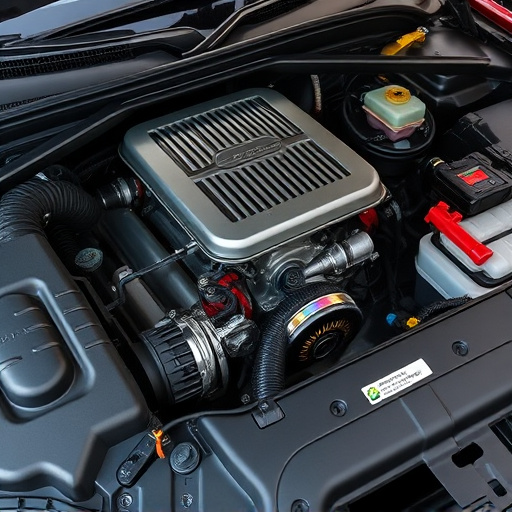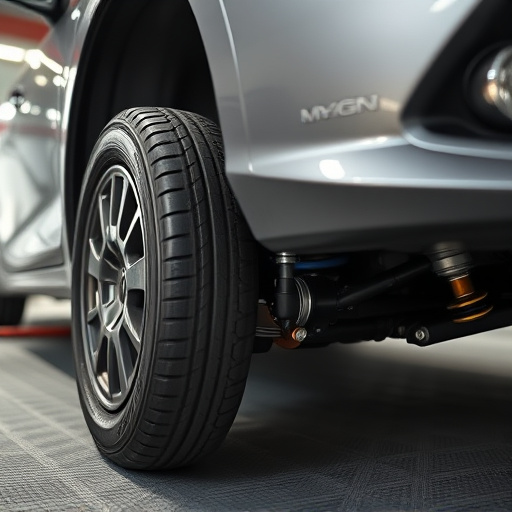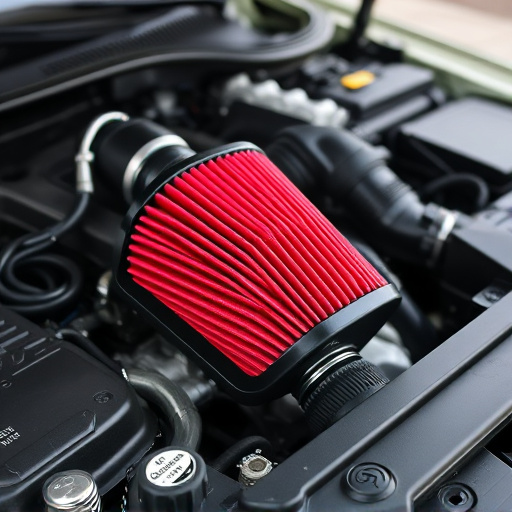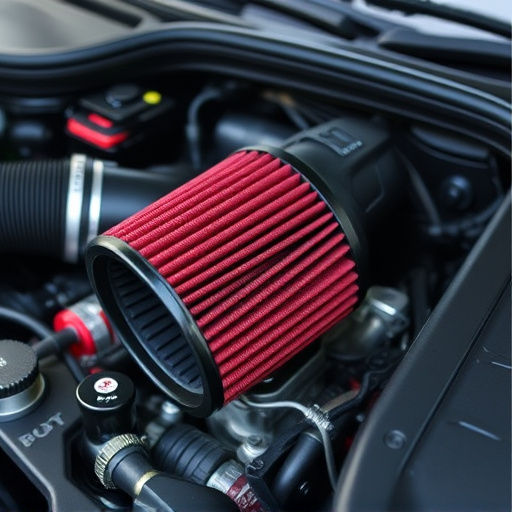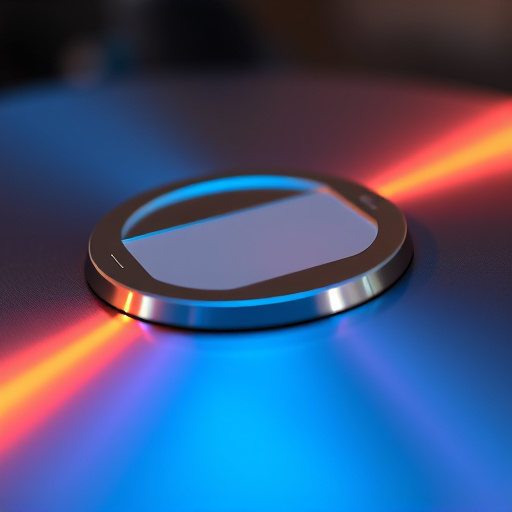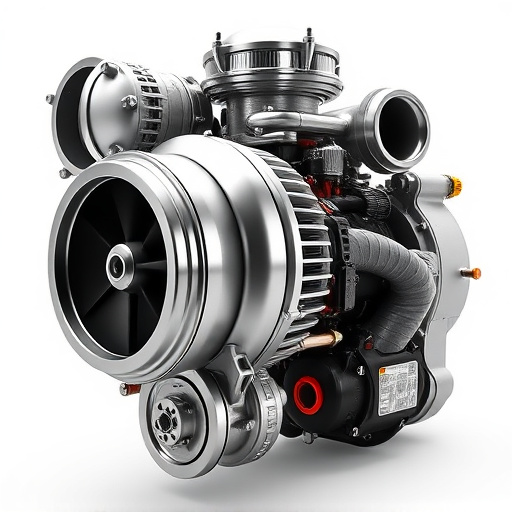Before upgrading to an intercooler, understand your vehicle's cooling system and choose between air-cooled or water-cooled options based on climate and driving habits. Select an intercooler that matches your engine's power output and is compatible with other high-performance parts for optimal performance and temperature control without compromising reliability.
Choosing the perfect intercooler upgrade for your vehicle is a crucial step in enhancing power and performance. This guide will help you navigate through the process, ensuring you select the right fitment. First, understand your car’s cooling system, then explore the battle between air and water intercoolers. We’ll also uncover key factors like heat exchange efficiency, flow rate, and compatibility to consider when upgrading, enabling you to make an informed decision for optimal power gain.
- Understanding Your Vehicle's Cooling System
- Types of Intercoolers: Air vs. Water
- Factors to Consider When Upgrading Intercooler Power
Understanding Your Vehicle's Cooling System
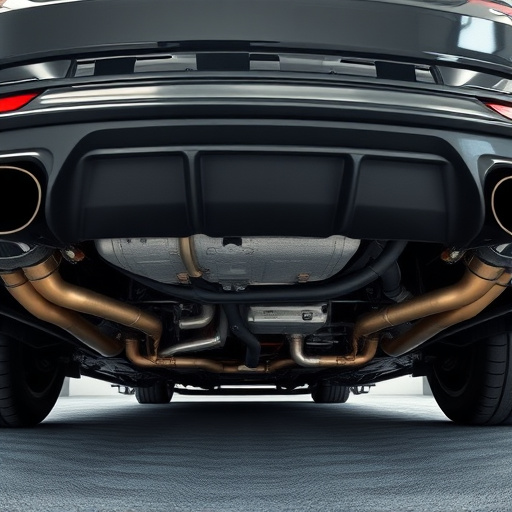
Before upgrading to an intercooler, it’s crucial to understand your vehicle’s cooling system. The intercooler plays a vital role in enhancing engine performance, especially when paired with modifications like high-flow air intake systems and performance exhaust systems. These upgrades increase airflow, leading to higher combustion temperatures, which in turn require efficient cooling to prevent overheating.
Your vehicle’s existing cooling components work together to regulate temperature: the radiator absorbs heat from the engine, the water pump circulates coolant, and fans aid in dissipation. An intercooler upgrade complements this process by further lowering intake air temperature, improving charge density, and boosting overall performance, especially under heavy load or during extended high-speed driving. Consider factors like climate, driving habits, and desired performance gains to select an intercooler that aligns with your vehicle’s cooling system needs.
Types of Intercoolers: Air vs. Water
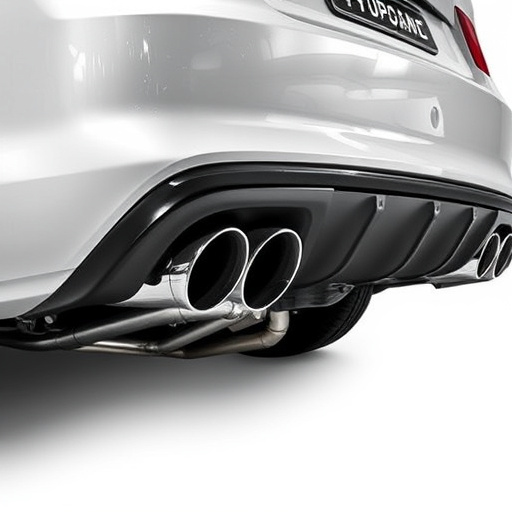
When considering an intercooler upgrade for your power machine, understanding the types available is key to enhancing vehicle performance. The primary distinction lies between air and water-cooled intercoolers. Air intercoolers rely on ambient air to cool the charge air, making them simpler in design but less efficient in hot environments. On the other hand, water-cooled intercoolers use a liquid cooling system, typically water with a coolant, which can significantly improve cooling capacity, especially in extreme conditions. This makes them a popular choice for those seeking peak vehicle performance.
Water-cooled systems often come as part of complete suspension kits, integrating the intercooler with other components to enhance overall vehicle dynamics and control. Air filter kits, another important upgrade, work synergistically with intercoolers by ensuring clean air flows consistently into the engine, further optimizing power output. Thus, when choosing an intercooler upgrade, consider factors like climate, desired performance levels, and compatibility with existing suspension or air filtration systems for optimal results.
Factors to Consider When Upgrading Intercooler Power
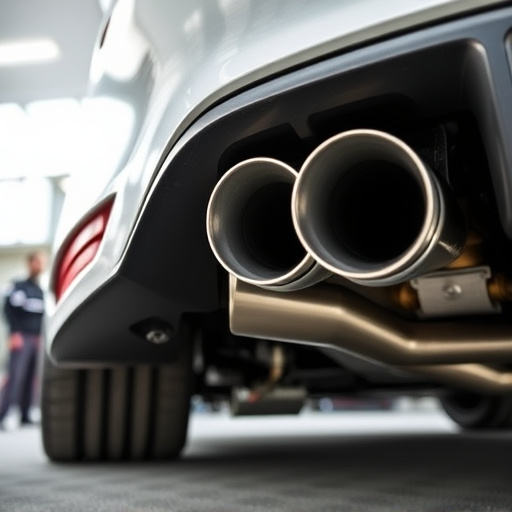
When upgrading your intercooler, several key factors come into play to ensure you make the right choice for your vehicle’s power and performance needs. Firstly, consider the engine’s make and model; different engines have varying cooling requirements. Understanding the specific demands of your engine will help guide you towards an intercooler that offers adequate cooling capacity without overkill, which could be inefficient.
Additionally, the size and flow rate of the upgraded intercooler should align with the desired power output. High-performance parts like advanced exhaust systems and their associated tips can generate significant heat, necessitating a larger intercooler to maintain optimal temperatures. Balancing these factors will ensure your intercooler upgrade enhances performance without compromising reliability or creating unwanted heat buildup.
Choosing the right intercooler upgrade for power involves understanding your vehicle’s cooling system, discerning between air and water intercoolers, and considering factors like heat exchange efficiency, flow rate, and compatibility. By carefully evaluating these aspects, you can enhance engine performance and ensure a reliable, effective intercooler upgrade.

